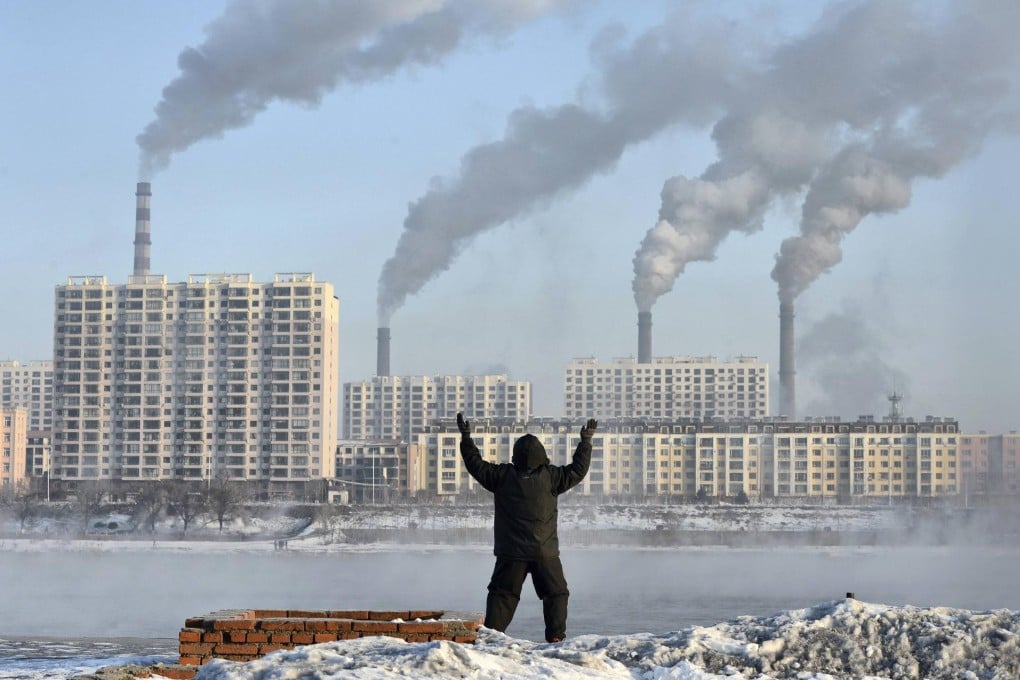China faces monumental challenges in tackling environmental degradation
Officials are aware of the problem but proposals such as turning coal into synthetic natural gas do not help the cause

I first came to China in 1985 to study bird migration at Beidaihe, on the coast east of Beijing. There was little traffic in the town, where carts pulled by donkeys carried bricks and other loads. In Beijing, bicycles abounded, and taxis were rare.
Though cars were yet to throng the roads, the environment was not pristine. Thanks in large part to coal being burned for power and heating, a haze of smog sometimes settled over the land. Indeed, China was already facing serious issues such as pollution, deforestation, erosion and loss of wildlife, which were detailed in The Bad Earth: Environmental Degradation in China by US-based geographer Vaclav Smil.
Published in 1983, The Bad Earth was a pioneering work, drawing on a multitude of sources including Chinese scientists' reports and newspaper items. It was criticised within China and by some Western scholars, who suggested Smil overstated the problems. But he was soon vindicated as prominent officials expressed serious concerns.
Although much has since been said and written about the need for China to reverse its environmental decline, recent years have abounded with news reports telling of the nation's earth lurching from bad to terrible.
This environmental decline has occurred as the economy has grown at an astonishing pace, guided partly by officials believing it possible to develop first and clean up some time later.
Which isn't to say there have been no clean-up attempts. There have been many, some more effective than others.
During a return visit to Beidaihe in 2009, I headed to a stretch of coastline south of the town that I formerly knew as seemingly remote, with rice paddies fringing the shore. The area had been transformed. There were factories and refineries and smoking chimneys, and trucks shuttling back and forth along a rutted muddy track, as construction of more plants proceeded. At least some of these plants had been relocated from Beijing as the capital prepared for the Olympics held the previous year. So Beijing had cleaned up a little, by simply moving polluting industries.